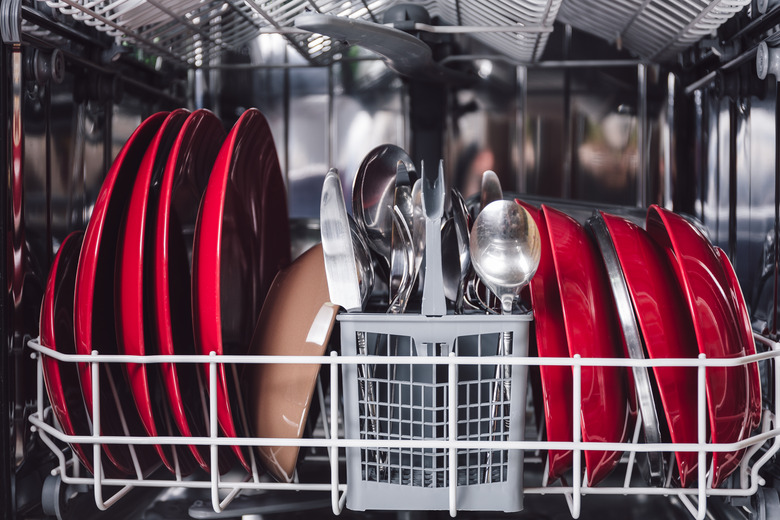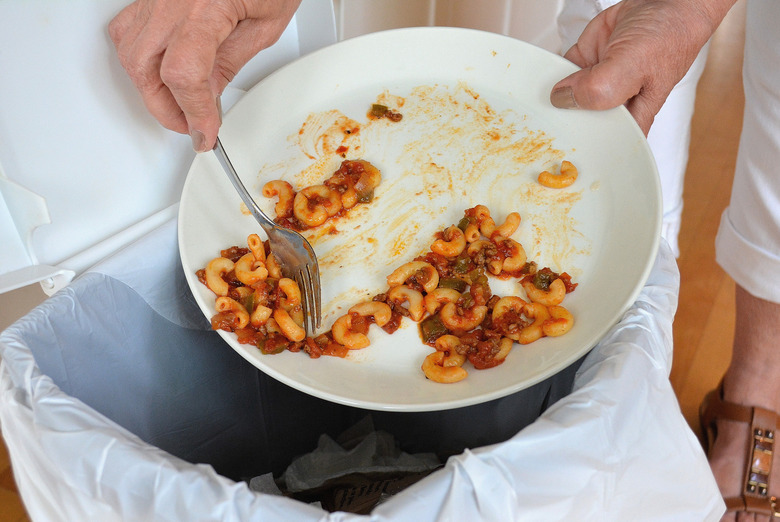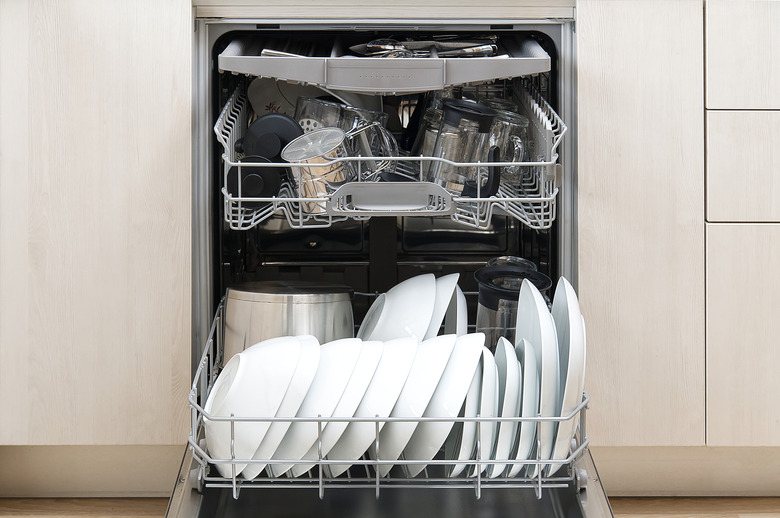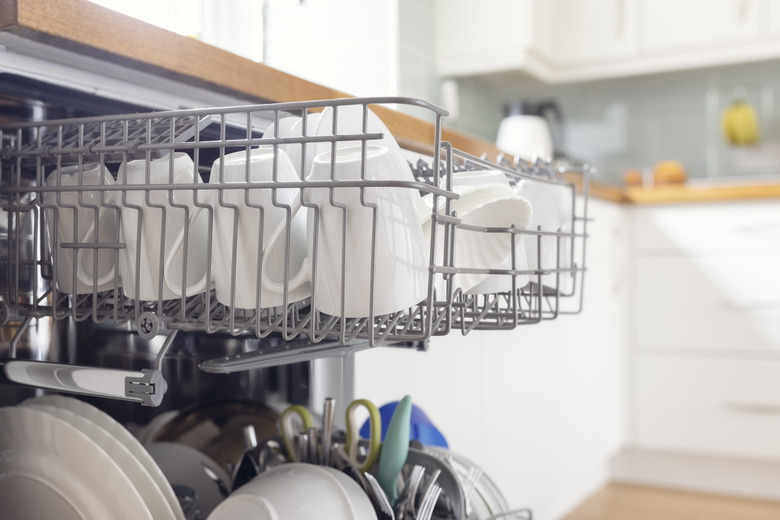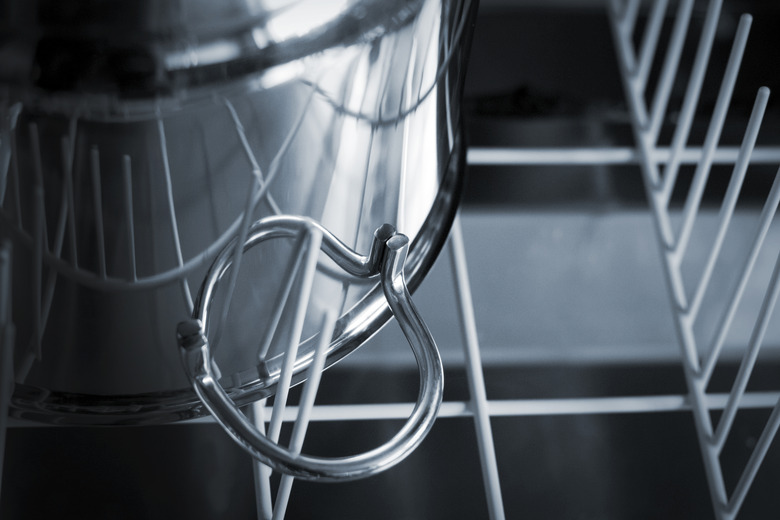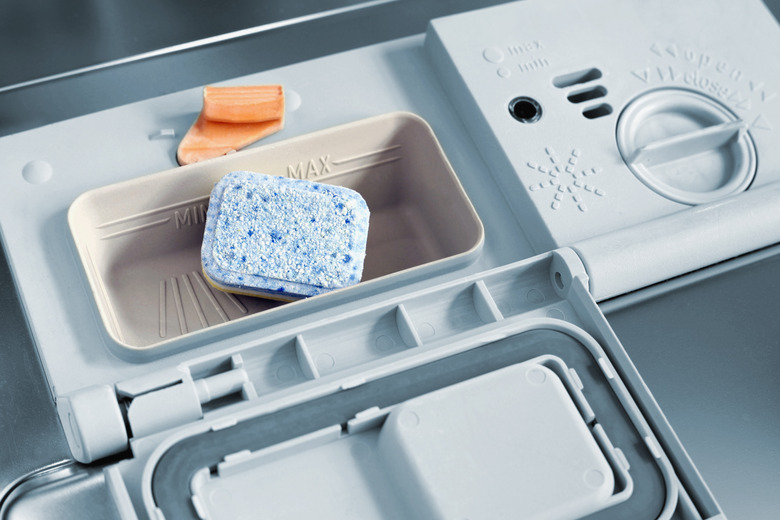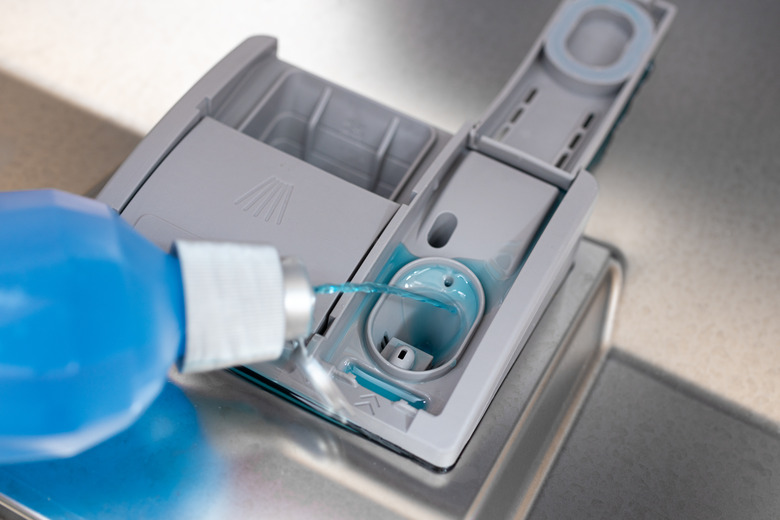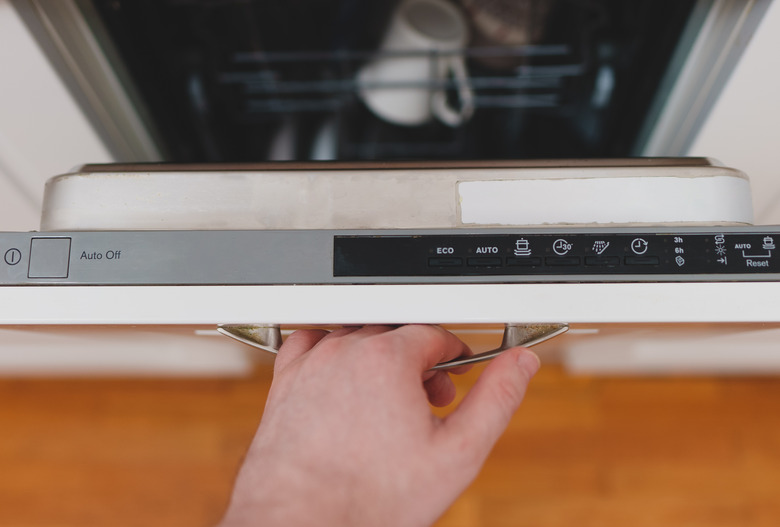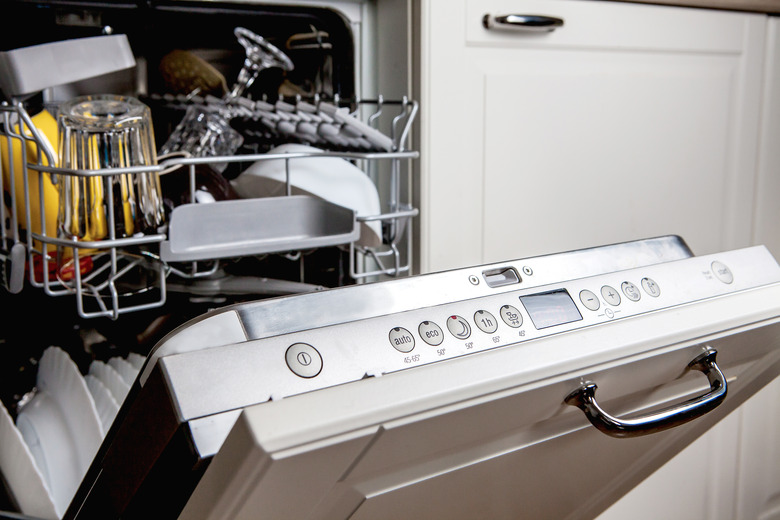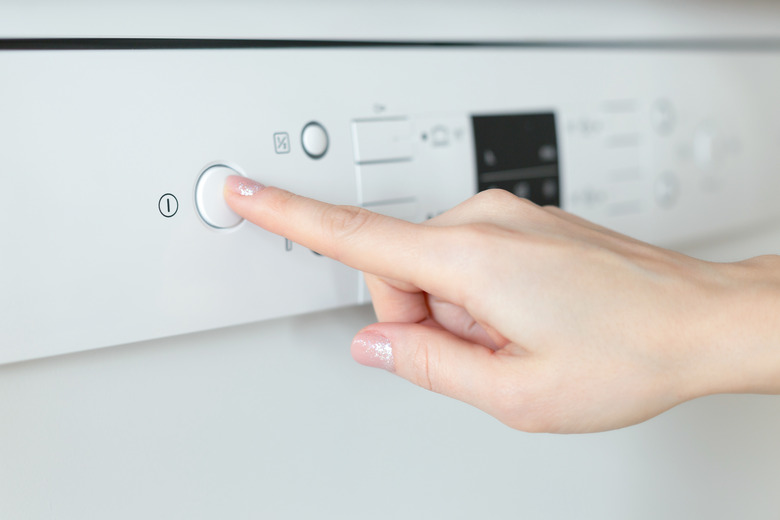How To Load And Run A Dishwasher
Things Needed
-
Dishwasher Rinse Agents
-
Dishwashing Detergent
-
Dishwashers
-
Heavy-duty Scouring Pad
-
Rubber Spatulas
-
Rubber spatulas
How to load and run a dishwasher seems like an easy task, but do you know the proper way to load and run your dishwasher?
Step 1
Scrape off big chunks of food before you put dishes in the dishwasher, but don't worry about rinsing them off. Most washers are designed to handle food particles. (Don't expect the dishwasher to remove burnt-on foods, though.)
Step 2
Position cookie sheets and large platters along the sides so they don't prevent the water from reaching the other dishes.
Step 3
Reserve the top rack for plastic items, glasses and mugs. (Make sure that plastic items are dishwasher-safe.) Set plates and bowls in the bottom rack.
Step 4
Be sure that glassware is put on the prongs. Loose glasses might break and make a dangerous mess.
Step 5
Put pots and dishes with baked-on food in the bottom rack facing down toward the sprayer arm.
Step 6
Set silverware handles down, except for knives, which should be handles up in the silverware basket.
Step 7
Fill both dishwasher cups with dishwasher detergent or dishwasher tabs.
Step 8
Add rinse agent to rinse agent dispenser; replace top of dispenser.
Step 9
Close door securely.
Step 10
Choose a wash cycle appropriate to the load.
Step 11
Choose a dry cycle. Air drying saves energy, but may cause spotting.
Step 12
Start dishwasher.
Tip
Make sure that pot handles, knives and other items don't poke down to obstruct the sprayer arm. Never wash fragile items on the bottom rack. Always separate silver from stainless steel utensils. Most silver manufacturers recommend that you not wash silver in a dishwasher. The water temperature in your dishwasher should be at least 130 degrees F. A dishwasher runs more efficiently if you wait until you have a full load to run a cycle.
Warning
Keep dishwasher detergent and rinse agent out of the reach of children. Not all items are dishwasher-safe. If you are not sure, look for instructions printed on the item, or read instruction pamphlets or tags. Don't use regular dish soap in your dishwasher, or you'll be cleaning up suds from your kitchen floor.
